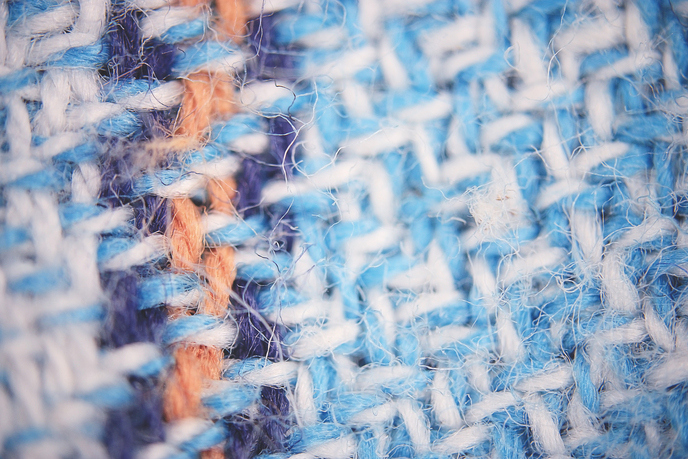Designing a full recycling solution for the textile industry’s waste water
Competing demands for fresh water across several sectors are rendering it an increasingly scarce resource. To counter this within industry, measures are currently being explored to increase the efficiency of water use. The EColoRO concept scaled up within the ECWRTI (ECOLORO: Reuse of Waste Water from the Textile Industry) project has demonstrated the use of electro-coagulation (EC), combined with flotation, to efficiently remove pollutants, colorants and chemicals from textile industry waste water. This innovation is followed by ultrafiltration and reverse osmosis (RO) membrane processes downstream. The approach has shown that the EColoRO concept could re-use waste water more cost-effectively than using fresh water and then discharging the waste. The EColoRO concept ECWRTI has worked to bring a new technological concept to the market that separates the water, organometallics and salty brine in wastewater, to produce clean water that can be fully reused in the textile industry. The innovation works by first treating wastewater effluent using electro coagulation, a technology well known in the galvanic industry, whereby Fe3+ ions are released from an iron source through electrolytic action from low voltage Direct Currents. The Fe3+ directly coagulates with the impurities present in the textile waste water, resulting in round shaped flocs which can be removed from the water by settling. After coagulation and flotation/sedimentation the water is passed through membrane processes, the resulting sludge is dewatered in a conventional chamber filter press, with the extracted water recycled for reuse as fresh water supply. As Mr Eric van Sonsbeek co-owner of the EColoRO company elaborates, “The traditional recycling rate for wastewater is about 70 %. Using the ECWRTI technology, if the RO brine can be concentrated and crystallised on a commercial scale, recovery rates are predicted to reach above 95 %.” One of the key differences of the EColoRO concept compared to conventional technology is the intensity of the process, avoiding expensive technologies often applied in waste water treatment, such as advanced oxidation – due to the effective decolouring of the electro coagulation process. Additionally, unlike biological treatments, in electro coagulation and physical/chemical treatment, the dosing requirement for pH correction is lower. This is possible due to the lower sensitivity of these processes for low and high pH, as no bacteria are involved in the process. As Mr van Sonsbeek summarises, “Compared to conventional processes, the EColoRO concept is the most flexible, scalable and modular set-up currently available, and comes with a low footprint. It is also suitable for retro-fit, brownfield or greenfield applications.” Towards a healthy, sustainable and competitive industry The long- term availability of affordable clean water is a key European Union priority, with the framework Directive 2000/60/EC specifically concerned with the prevention and reduction of pollution to protect the environment and aquatic ecosystems. Doing so also supports the sustainable use of water, while reducing the effects of flooding or drought. As Dr Ir. Andreas ten Cate, Director International Business Development at the Institute for Sustainable Process Technology adds, “To find new solutions, services and technologies, innovation for sustainable water use in society and industry gets significant attention from the EU, as witnessed by the activities of the European Innovation Partnership (EIP) on Water. EColoRO offers new water management and distribution approaches for industrial parks and factories; and with comparable solutions not yet available on this scale, the proposition is unique.” Working on the pilot scale of the technology allowed the project to determine the final design parameters for a demonstrator.
Keywords
ECWRTI, recycling, wastewater, pollutants, fresh water, textiles, pollutants, colorants, chemicals, ultrafiltration, reverse osmosis

